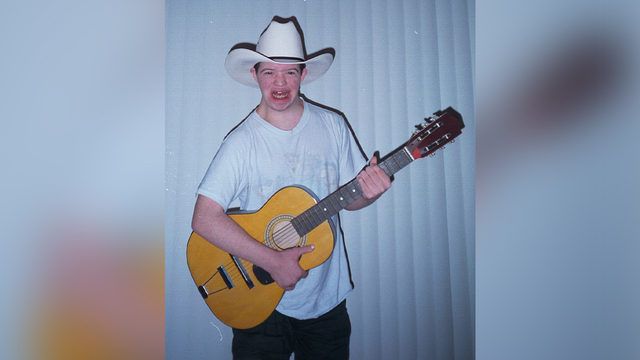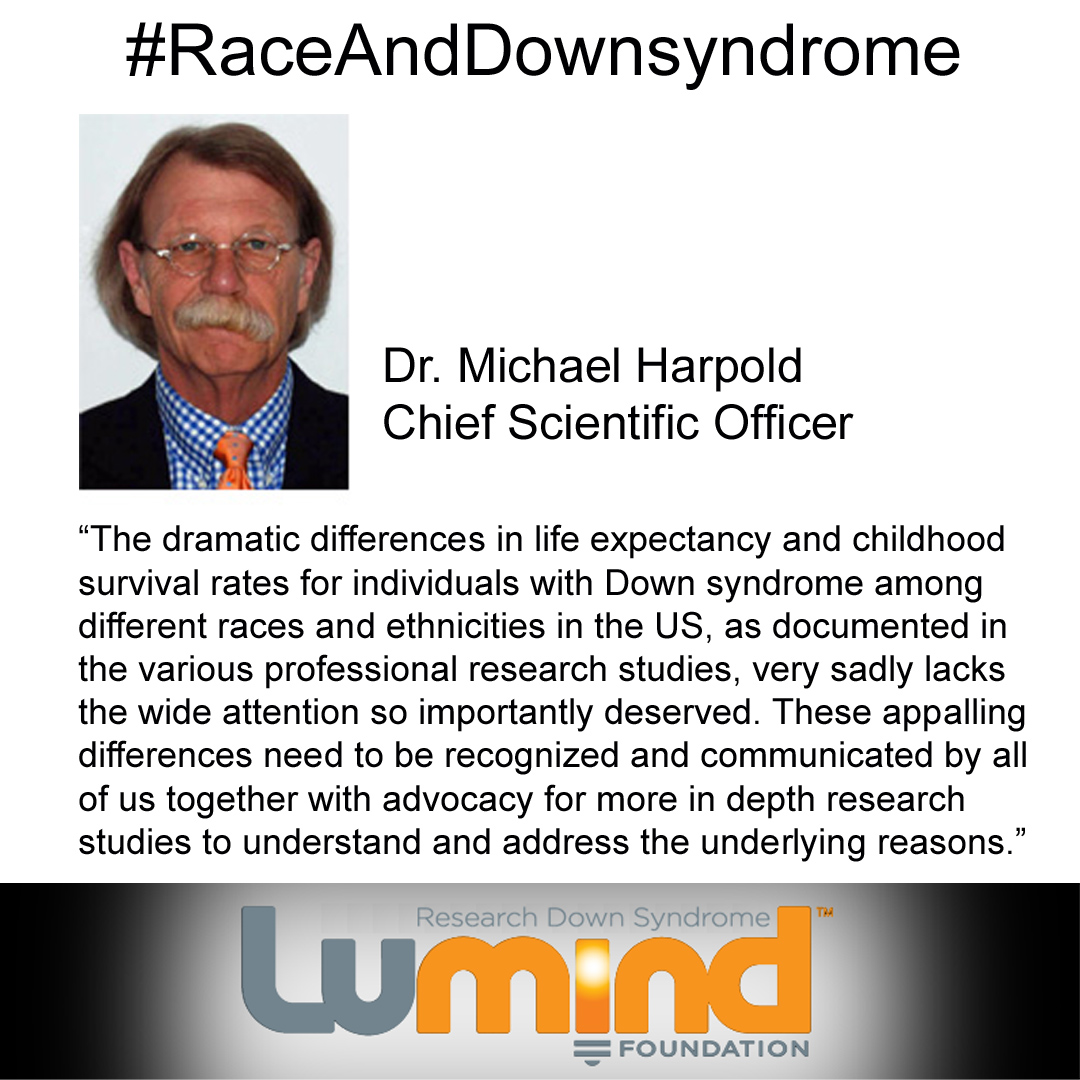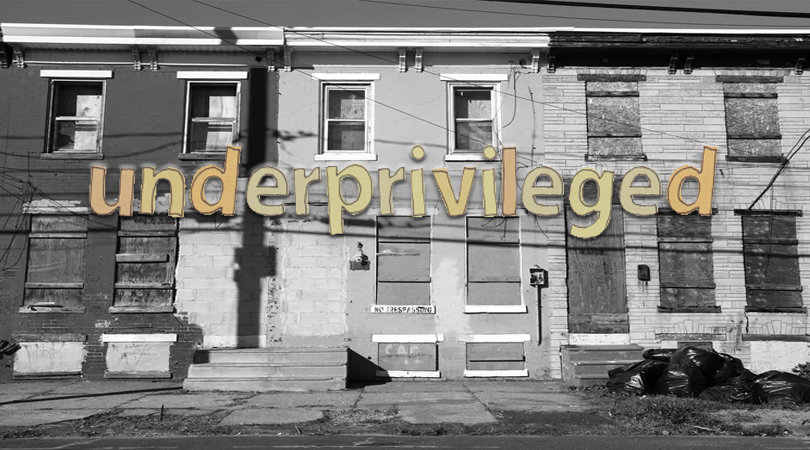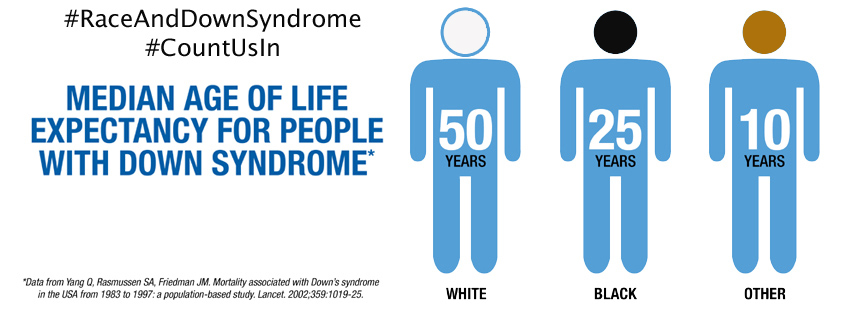
If we say we advocate for all people with Down syndrome is that really true? How do we choose which topics to advocate for?
Do we choose topics that affect the most people? Topics that are important to all people with ID/D? Topics that are important to the people in our group? Our friends? Or just what is important to us?

When we take on advocacy work, it’s easy to say that we’re doing it to benefit “all.” However, it’s been my experience, as a person who has lived in privileged and underprivileged spaces, much of the work that is done to benefit “all” people with Down syndrome really focuses on one perspective – white, middle to upper middle class.
It’s easy to conclude that the perspective comes from within advocacy circles. I’ve had many conversations about race and Down syndrome advocacy that end in a perpetual circle. Race isn’t considered because people of color don’t attend meetings and participate in traditional advocacy groups as much. And people of color don’t attend meetings and participate in traditional advocacy efforts as much because they don’t feel that their perspective is considered.
What about people from lower socioeconomic situations? When you’re struggling to put food on the table and keep a roof over your head it’s difficult to spend time worrying about being able to save more than $2000. If you count on day programs that keep your child safe so that you can work at a minimum wage job, you’ll be hard pressed to advocate for destroying “sheltered workshops” without having an immediate replacement. If you’re a victim of sexual or physical assault yourself, it’s only natural that you would think twice about how much time your nonverbal child spends at the mercy of others. Unfortunately, we can’t all create businesses for our children so that they have fulfilling jobs that match their interests and skill level.
And if your only insurance is Medicaid you can’t afford to get your child (young or adult) the medical care that we advocate for. Medicaid does not cover adult dental visits that research shows are vital to good health. And we can’t choose doctors who are specialists in the health of adults with Down syndrome.
“Compared with other populations, adults, adolescents, and children with MR [mental retardation (sic)] experience poorer health and more difficulty in finding, getting to, and paying for appropriate health care. These challenges are even more daunting for people with MR from minority communities ” – Report of the Surgeon General’s Conference on Health Disparities and Mental Retardation (sic), 2002.
A recent news story puts the health care disparities in a different light.

Four years after Tommy died the dentist who killed him is still seeing patients. Two theories make this case really scary; a) Did the doctor use so much anesthetic because she was afraid to perform the work Tommy needed? Did she not value Tommy’s life enough to make sure she used the right dose? and b) Has the dentist not been punished because Tommy’s life doesn’t count to the officials in charge of making her pay for her crimes?
“Ongoing invisibility, marginalization, and devaluation of people with IDD can negatively influence clinical encounters by convincing both patients and clinicians that it is acceptable for persons with IDD to receive second-tier health care.”- Slashcheva, et. al, 2016 Would People with Intellectual and Developmental Disabilities Benefit from Being Designated “Underserved”?
Finally, why is it that there has not been national outrage at the health disparities within the Down syndrome community?

So, I beg you, the next time you or someone you know says that they are a Ds advocate, or they advocate for all people with Down syndrome, consider those less fortunate. Consider those of color who need a better doctor. Consider the majority of people with Ds who live in group homes with underpaid workers and frequent turnover or spend their days in sheltered environments because of a lack of alternatives. Think about Tommy who died because he went to a dentist and Ethan who died on a movie theater floor – and the professionals who were supposed to serve them.
Let’s all be advocates for those who can’t advocate for themselves.


